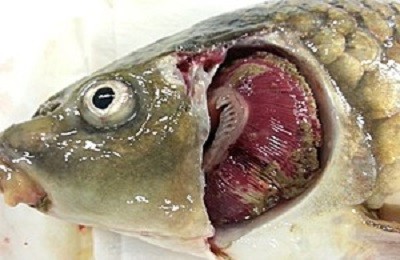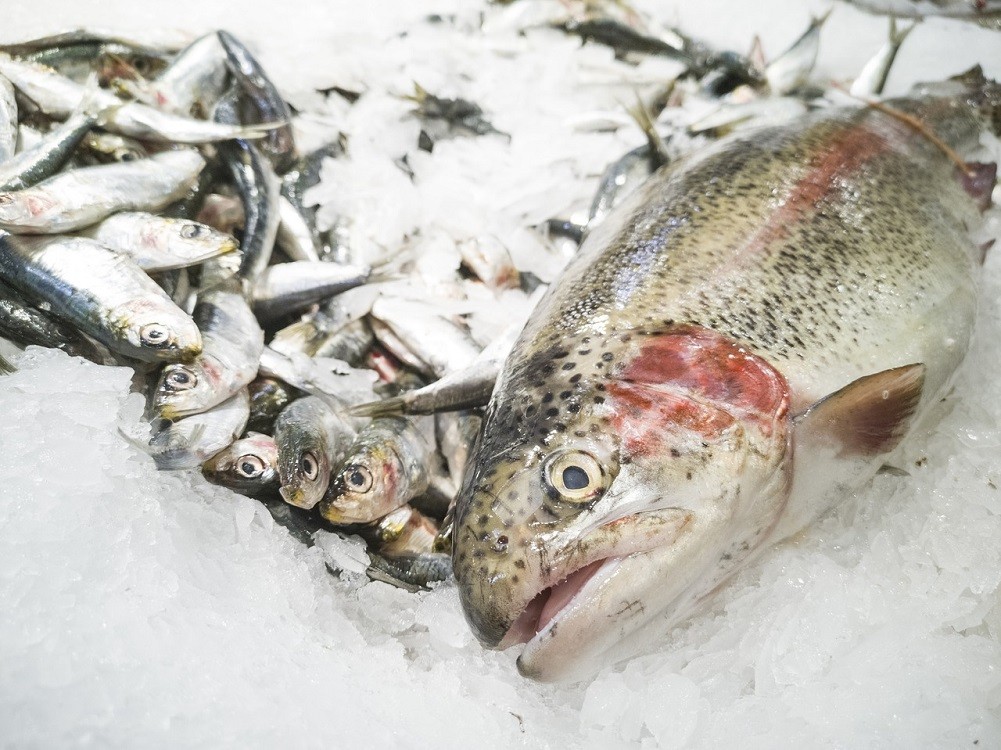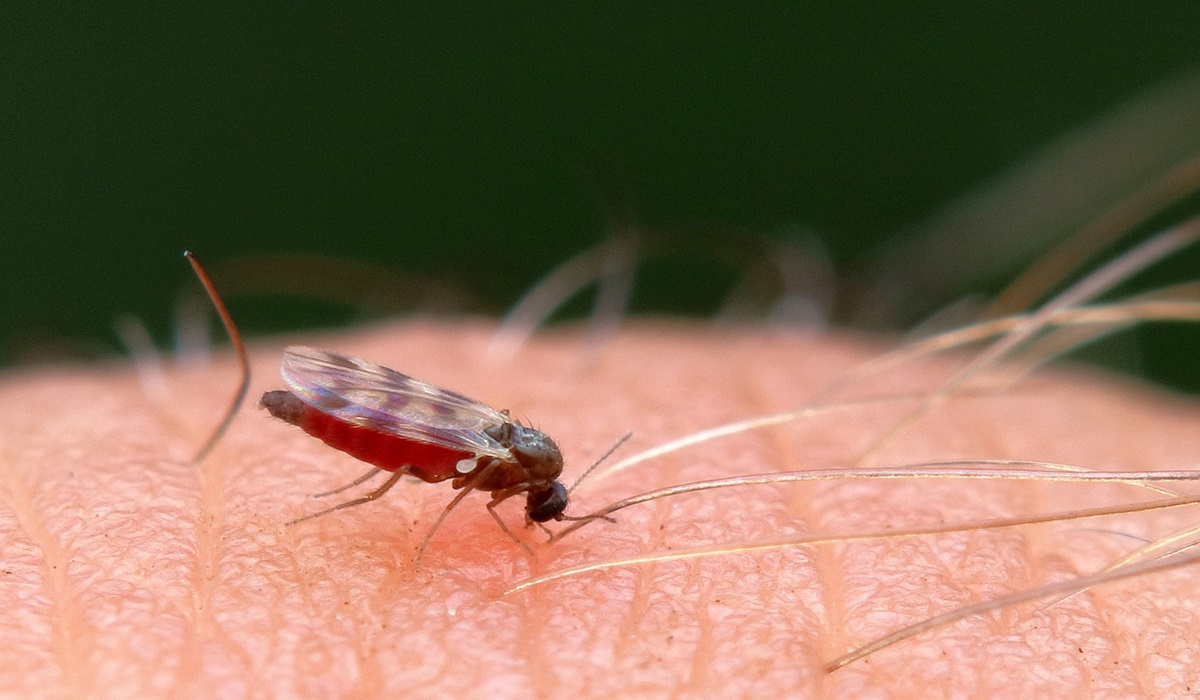UK Confirms Outbreak of Koi Herpesvirus (KHV) disease. UK now contending with another disease outbreak
The Fish Health Inspectorate (FHI) have found Koi herpesvirus (KHV) disease in fish being sold in England and Wales
KHV is a serious viral disease in fish and is a listed disease in the United Kingdom. It affects all varieties of common and ornamental carp species (Cyprinus carpio) and can result in large scale mortalities.
The first case of KHV was reported in 1998, but not confirmed until later in 1999.

KHV is a DNA-based virus. After discovery, it was identified as a strain of herpesvirus. Like other strains, KHV stays with the infected fish for the duration of their lives, making the recovered and exposed fish potential carriers of the virus. Koi fish infected with KHV may die within the first 24–48 hours of exposure. The virus is found in 33 countries.
Fish with KHV disease may show the following signs, especially when water temperatures are between 16 to 28 °C:
- necrotic (white or brown) patches on the gills
- rough patches on the skin and sloughing mucous
- sunken eyes
When laboratory testing confirms KHV disease at a site, the FHI place statutory controls to limit the spread of the disease. These controls restrict movement of aquatic animals and ensure equipment is disinfected.

Sites with KHV disease must undergo a formal monitoring programme for the duration of the calendar year immediately following the outbreak. The FHI visit these sites to look for evidence of disease and to inspect compliance with the conditions of the statutory controls in place. The controls are removed if the disease doesn’t reoccur during this period.
Some sites choose to cull and disinfect their stocks, rather than undergo monitoring.
Sites suspected of showing signs of the disease are instructed to contact the FHI to prevent the spread of an outbreak of the KHV virus. This includes fish with the above signs, or deaths of carp or carp hybrids.
Also, Worth Reading
Reopening In The COVID-19 Era: How To Adapt To A New Normal









